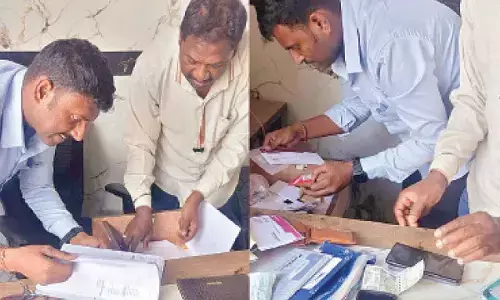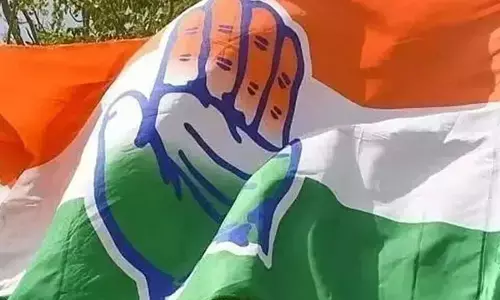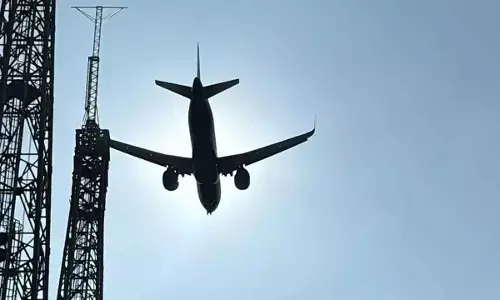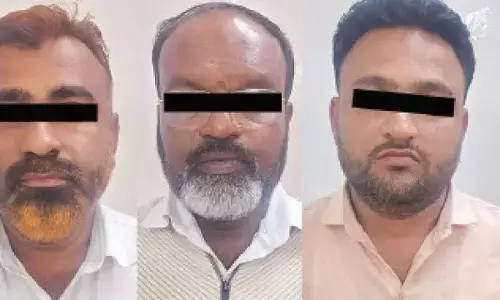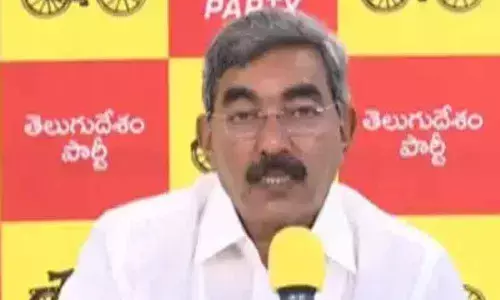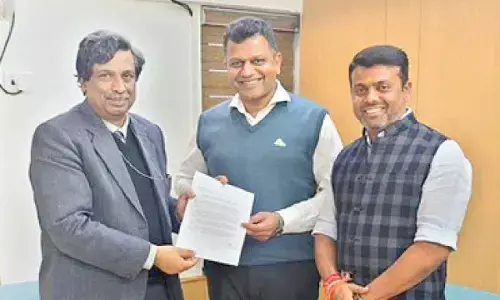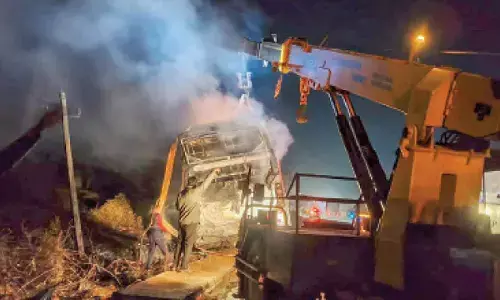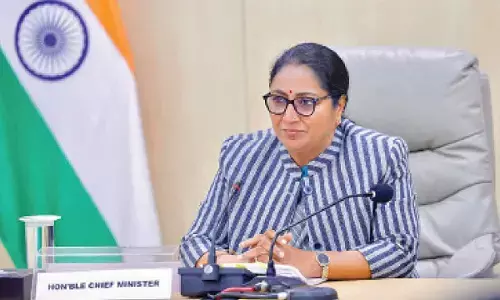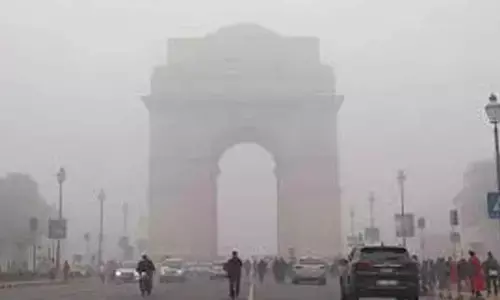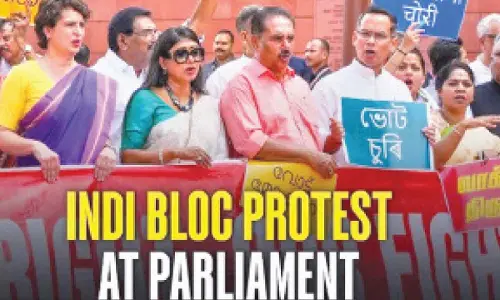'Dramatic improvement' in ties with Bangladesh, 'game-changing' connectivity through northeast: EAM Jaishankar
Share :
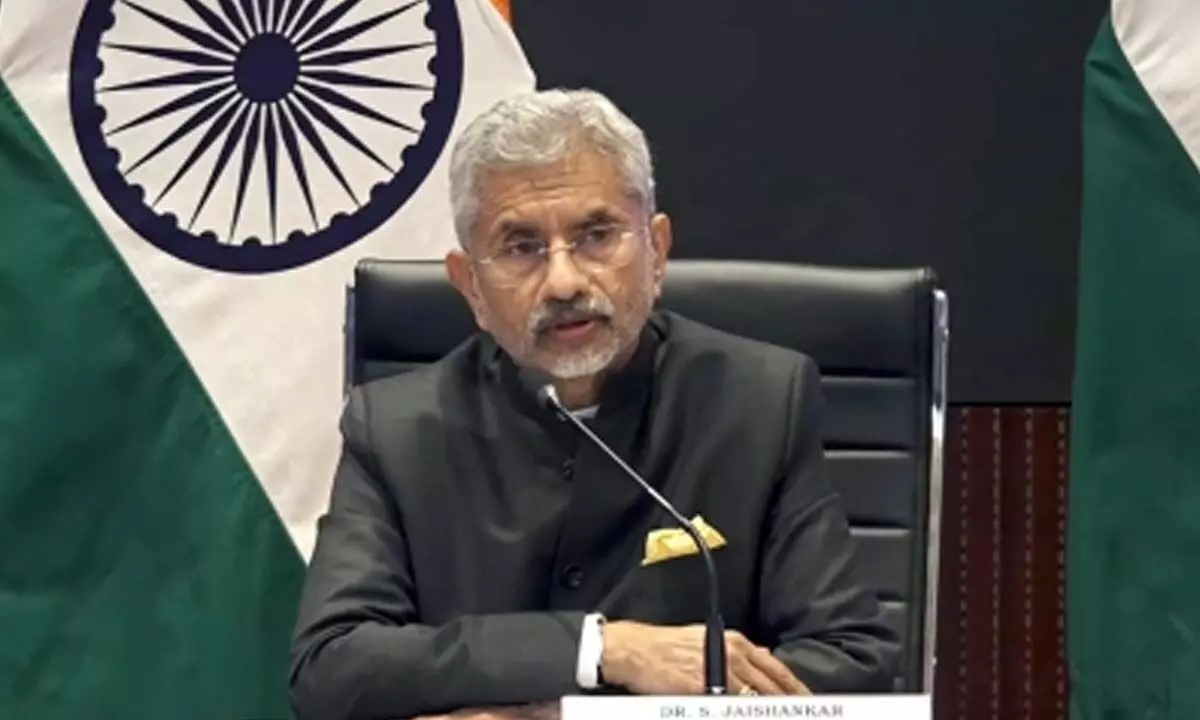
External Affairs Minister S Jaishankar
External Affairs Minister (EAM) S. Jaishankar, on Monday, asserted that foreign policy "matters to everyone in a globalised world" as he spotlighted India's enhanced ties with Bangladesh and its growing outreach towards southeast Asia.
New Delhi: External Affairs Minister (EAM) S. Jaishankar, on Monday, asserted that foreign policy "matters to everyone in a globalised world" as he spotlighted India's enhanced ties with Bangladesh and its growing outreach towards southeast Asia.
Addressing a session on the integration of India's northeast with southeast Asia and Japan at Delhi's Kirori Mal College, Jaishankar detailed how the efforts made by the government led by Prime Minister Narendra Modi have benefitted India's northeast massively over the last decade - especially through improvement of ties with neighbouring Bangladesh and the 'Act East' policy that focuses on forging new partnerships with the 10-nation ASEAN and beyond.
"If you look at the last decade, northeast India has actually been a big beneficiary of this dramatic improvement in India-Bangladesh ties. When we did the Land Boundary Agreement (LBA) in 2015 and things settled down, there was a new level of trust and confidence between both countries. You saw a lot of other problems being resolved, including dealing with terrorism and instability," said Jaishankar.
The EAM asserted that the Modi government has, through increased connectivity projects, been successful to a great extent in restoring the situation that existed before the India-Pakistan war of 1965.
"What we have actually seen since 2015 has been initially a rebuilding of what you can say was the pre-1965 (situation). In the 1965 war, East Pakistan cut off all the connections which were then with the rest of India, including all the rail and road links. So, the initial challenge was to get that back. We have now seen the road links and train connectivity restored and trains and buses moving from this side to that side today," stated Jaishankar.
Getting access to ports in Bangladesh, such as Chittagong and Mongla, has also given a massive boost to trade in the region, especially to India's northeast.
"Ports like Mongla or Chittagong would have been the natural ports for the northeast if you look geographically. But, those ports, for political reasons, could not be accessed by us. Today, when we look at the possibilities that have opened up with the Northeast, the enormous improvement in India-Bangladesh relations has actually opened up many more opportunities there," said the EAM.
Another significant infrastructure project that the Modi government has invested heavily in is the India-Myanmar-Thailand Trilateral Highway that would eventually connect the country's northeast with Vietnam.
Jaishankar admitted that the "game-changer" project may have hit a roadblock due to the current political situation in Myanmar, but listed the enormous significance of the connectivity corridor that could shape the future of the region.
"Parts of it have been built. When the trilateral highway is complete, there is the possibility for the first time of smooth logistics movement all the way from India to Vietnam. If we can somehow get through the Myanmar challenge, the possibility of having a corridor that runs down the lateral of southeast Asia coming down all the way to India will happen," he mentioned.
The "great challenge" that Myanmar has turned out to be, stated the Minister, is not just limited to infrastructure projects.
"Until there was restoration of democracy, we had one set of problems. And then, in the last few years after the military takeover, there has been a new government in many ways in most areas. In fact, today we are also mitigating its consequences on our own border, there are larger stakes that we have about the connectivity to Myanmar."
"If all of this works, think about it. Once the northeast gets connectivity eastwards through Myanmar, southwards into Bangladesh, the entire eastern India, including the eastern seaboard of India, is developed more intensively, which is definitely the objective of the Modi government. On the horizon there is a completely new promise of a much brighter economic future for northeast India," he said.
Earlier this month, Jaishankar had mentioned how India's "growing interest" in foreign policy reflects both "democratisation and globalisation", saying that Modi 3.0 will only make it stronger.







